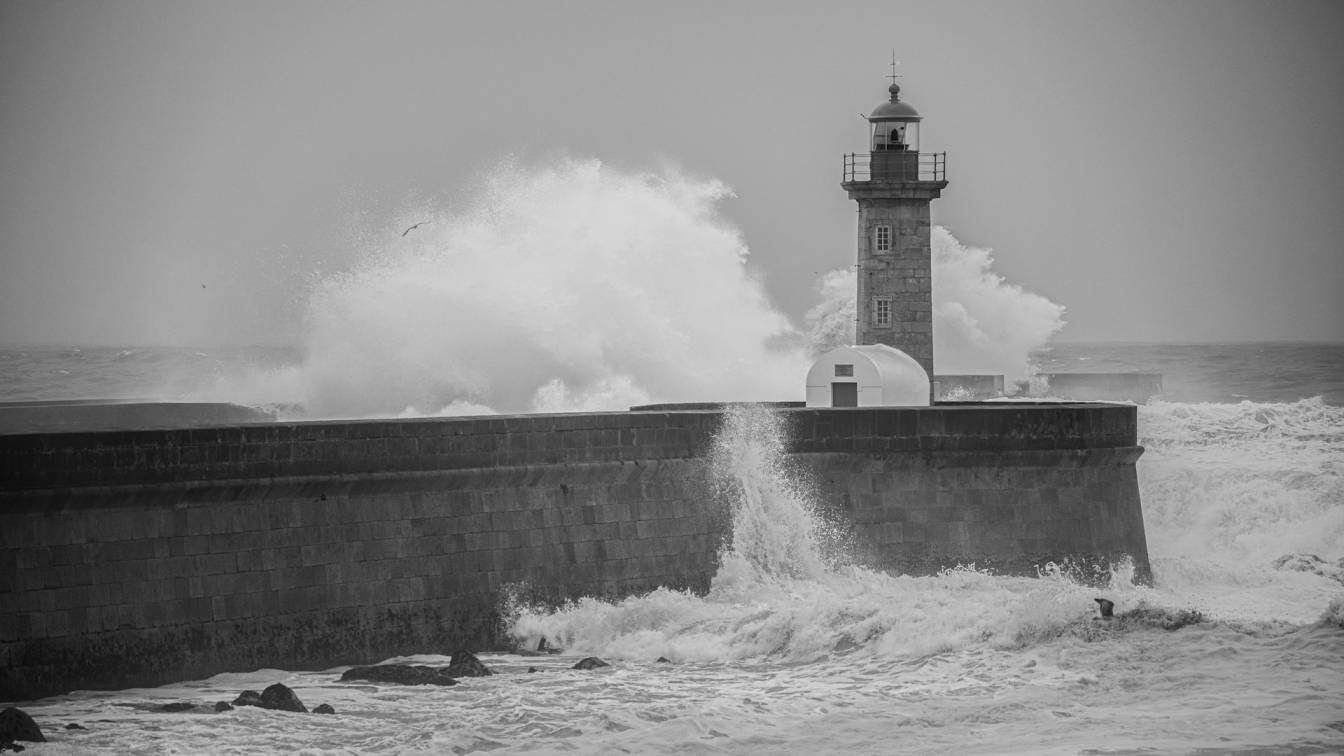
Purpose or profit: how will you be remembered?
by Ed Reid
Listen to Audio Version:
No, I’m not trying to write your eulogy. I am suggesting that even as the Coronavirus crisis worsens, it may already be time to think about the end of it. Specifically, how will people look back on the actions your company took?
One of the most interesting – and depressing – aspects of the current crisis is how quickly it seems to have divided the country into good guys and bad guys.
Let me start with the black hats. It would be very easy for me to go on a 500 word rant about some of the despicable practices we’re seeing. I’m not entirely sure that hell exists, but if it does the gentleman selling Calpol on eBay at £50 a bottle – and claiming the proceeds ‘go to charity’ – must already have a special place reserved.
I’ll concentrate on the corporate offenders instead and, in particular, the number of companies claiming to be a ‘special case.’
I’m sorry, you are not a special case. I don’t know how to break this to whoever said it at Sports Direct, but you’re not a special case and you never were. The same for the MD of Deliveroo. You’re not a special case either.
You see that nurse in the supermarket? The one who’s crying because she’s just finished a 12 hour shift and there’s no food left on the shelf? That’s what a special case looks like.
Sports Direct proudly claimed that they were ‘uniquely placed to keep Britain fit in the crisis.’ Yes, of course. How could anyone doubt it? Cotswold Outdoor? The Keswick Boot Company? Every serious walker I know completely ignores them and marches straight into Sports Direct.
So Mike Ashley has spent a week furiously backtracking. It’s too late, Mike. The damage is done. I’m not sure that Mr Ashley and his company had a huge reputation to lose (as a Newcastle fan that’s a remarkably easy sentence to write) but claiming to be ‘a special case’ and insisting they’d ignore Government instructions and stay open put paid to what was left of it.
Then there was Britannia Hotels. They made 30 of their staff redundant and homeless in one letter. No amount of blaming it on an ‘administrative error’ will put that right. Meanwhile Gary Neville opens his hotels to NHS staff.
Up and down the country companies are switching production to protective equipment, ventilators and respirators. The ingenuity, commitment and dedication of these companies is a remarkable testament to the private sector and the power of entrepreneurship.
…And when we come through this – as we will – there has to be a new sense of private/public partnership. The shackles will need to come off the private sector because, ultimately, all this has to be paid for and it is only going to be paid for by the private sector.
But in the same way that the private sector will owe a duty to the public sector – to realise that profit is not the only pursuit of a company – so the public sector must also play its part. The waste, incompetence and lack of accountability cannot be allowed to continue. You can no longer casually write off £50m of taxpayers’ money, Mr Grayling…
But that is a discussion for the future. Let’s focus on the here and now – and how your company will be remembered when we finally emerge blinking into the sunlight and start shaking hands again.
Is your business going to pursue profit or purpose? Traditionally it was seen as a zero-sum game. If you delivered ‘purpose’ – did something for the common good – then the people that were really paying for it were the shareholders.
Not so, argues Alex Edmans, a Professor of Finance at the London Business School, in a new book. He says that companies can deliver both – and that acting for the common good ultimately benefits your bottom line.
I’ve said it before and I’m sure I’ll say it any number of times before the Coronavirus crisis is over – but there is no point going through all this if you don’t come out a changed and better person at the end of it. That’s going to be true for us as individuals, and it’s going to be true for our businesses as well. I suspect all our businesses will have ‘purpose’ much higher up the agenda when life does eventually return to normal.
We’d better, because if our increasingly millennial workforce wanted to work for businesses they saw as ‘doing good’ before the crisis, that’s going to be doubly true after it.
I’ve been favourably struck by the way Rishi Sunak – the irritatingly young Chancellor of the Exchequer – has handled the crisis so far. When he started his Budget speech on March 11th – not even a month ago but already part of a different age – I thought he was less interesting than Philip Hammond. By the time he finished speaking I was impressed, and I’ve stayed impressed ever since. And as he said recently, one thing people will remember from this crisis is small acts of decency and kindness.
Let’s make sure that when the dust finally settles that purpose – small corporate acts of decency and kindness and a commitment to our communities – is as much a part of our business agenda as profit.
Related articles

Goodbye Unicorn, Hello Centaur
Ed Reid, Managing Director of TAB UK, talks about why your business fundamentals are absolutely central to your success.

Why entrepreneurs must tell their stories
Ed Reid, our managing director, discusses how entrepreneurs should speak up and tell their story of how focus and dedication leads to success.

I am a young executive...
Ed Reid, MD of TAB (UK), talks about the sacrifices that come with running a business, but how it's often more fulfilling than corporate C-suite jobs.





